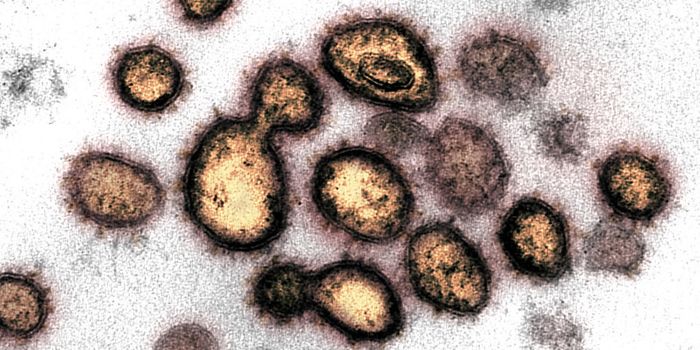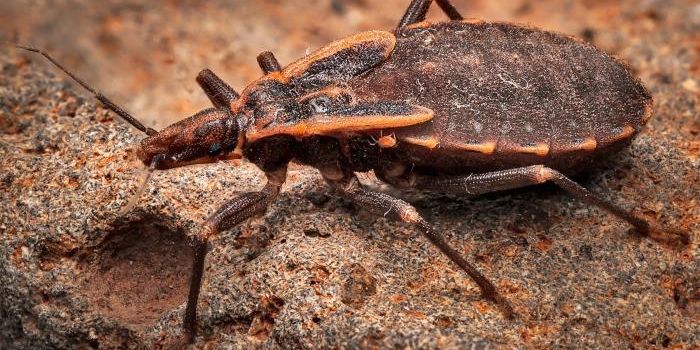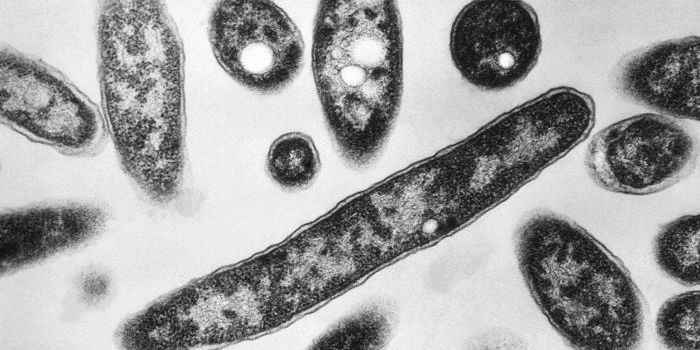Researchers at Osaka University identified a protein called Lypd8 that keeps bacteria from invading the cells that line the colon (in mice, at least). Their work also points to an important role for this protein in the development of ulcerative colitis, and Lypd8 could even be a therapeutic target for this inflammatory bowel disease (IBD).
These Japanese researchers are particularly interested in IBD because cases of this disorder have increased greatly in Japan. Around 1.6 million Americans have been diagnosed with IBD, and there are around 70,000 new cases each year.
There’s quite a bit of evidence that links a dysfunctional intestinal mucosal barrier with IBD. For example, mice with defective mucosal barriers readily develop intestinal inflammation because bacteria are able to invade the cells that line the gut. Since there are tons of bacteria in the gut, it makes sense that there must be some mechanism to keep them at bay.
The group set about testing the role of a protein called Lypd8. This protein is produced by colonic epithelial cells and is secreted into the lumen of the intestine (in both mice and humans). Interestingly, the levels of Lypd8 are known to be lower in the colons of people with ulcerative colitis than in otherwise healthy people.
They found that intestinal bacteria passed through the mucus layer in the guts of Lypd8-deficient mice, suggesting that Lypd8 somehow protects the gut from bacterial invasion. Furthermore, the majority of these “invading” bacteria were species that use flagella to swim - like
E. coli,
P. mirabilis, and
H. pylori.
Based on this finding, the group thought that Lypd8 might be inhibiting flagellar motility in these cells. Sure enough, they found that Lypd8 binds to flagella and also decreases the motility of P. mirabilis.
So, it looks like Lypd8 protects colonic epithelial cells from bacterial invasion by hampering the motility of the bacteria. Pretty cool!
Sources: Osaka University,
Nature,
Crohn’s and Colitis Foundation of America









